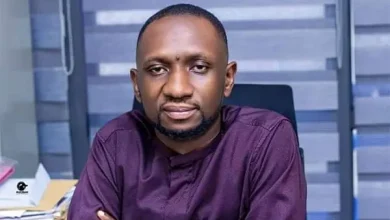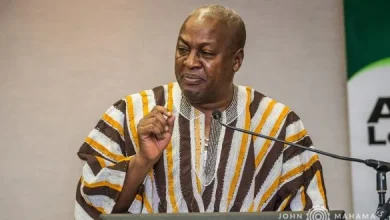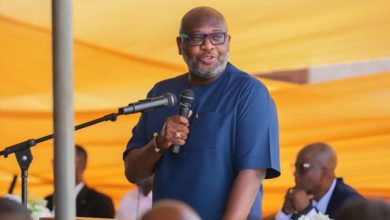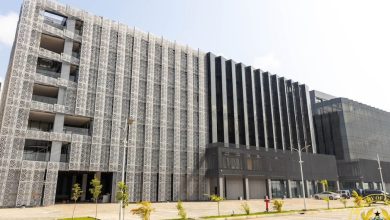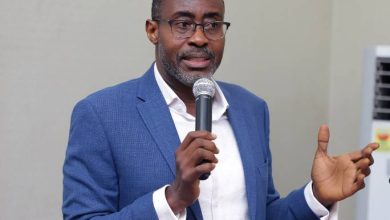$840m spent yearly on IPPs could build more VRA plants – Jinapor
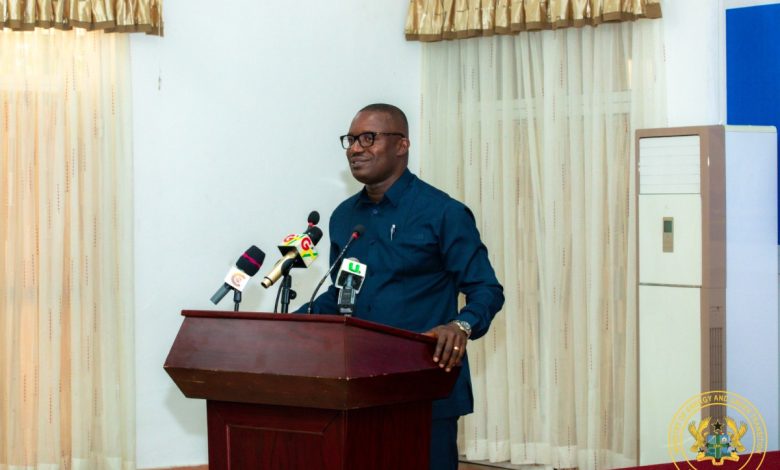
Minister for Energy and Green Transition, John Abdulai Jinapor, has reiterated the urgent need for Ghana to make substantial investments in the Volta River Authority (VRA) to expand and enhance its operations.
According to him, the about $840 million the government spends annually on purchasing power from Independent Power Producers (IPPs) could instead be channelled into strengthening the VRA’s generation capacity.
Speaking during a working visit to the VRA, Mr. Jinapor stressed that boosting investment in the state-owned utility would enable it to acquire additional plants, expand production, and ultimately reduce the huge sums paid to IPPs.
“I was telling your Chief Executive that my experience with the IPPs has shown me that we have to invest heavily in VRA. We do the economics, and today, you look at how much we pay to IPPs every month. If we had taken a bold decision and decided that, look, the tariffs we are charging today, let’s escrow those amounts into an account. We’re talking about about $70 million every month, US dollars.
“That is on the back of the envelope…$840 million every year, not cedis times the number of years the IPPs have been operating. Don’t you think if we had escrowed this money, we could have built more thermal plants at VRA and sold the power at a cheaper price? The reality is that sometimes we all pretend,” he said.
The minister also disclosed that government efforts to renegotiate agreements with IPPs have so far yielded savings of about $300 million, which he says has helped ease the financial burden on the energy sector.
“Based on the numbers I’m seeing, I’m confident that we can save a lot of money. And so far, what the IPP re-negotiating team has done tells me that we are saving about 300 million US dollars from the IPPs.
“This year’s budget is giving us 28 billion, not for investment but to pay energy sector shortfalls. If it continues like that, next year it will be 35 billion. If we don’t stop it, what it means is that virtually all energy sector shortfalls alone will consume the whole budget, and it’s not sustainable.
“So I’ve been working with the team aggressively to turn around that unfortunate scenario so that eventually, we can wean the energy sector off the national budget. And from what we are paying, from the revenues we are generating, from the improvements that we are making, I can see that there’s light at the end of the tunnel, even though there is more to be done,” he added.



